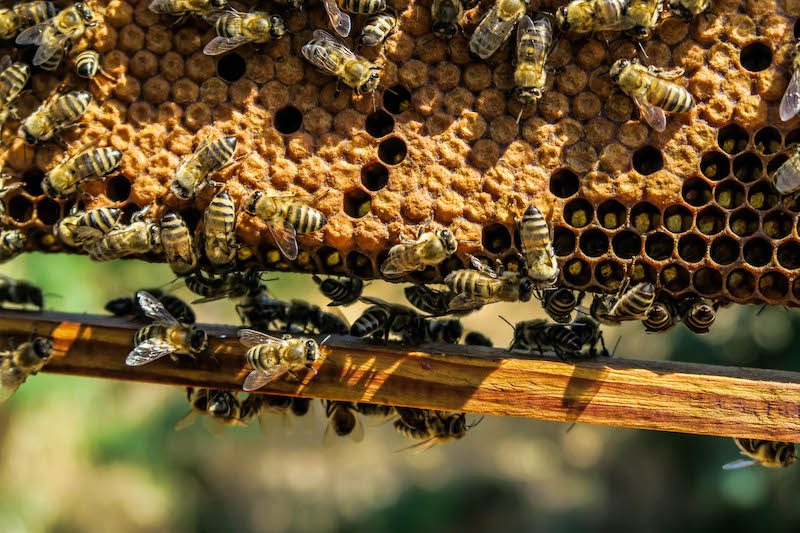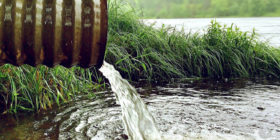Wrexham Glyndwr University to House 850,000 Honey Bees in New Flintshire Hive Partnership
Hundreds of thousands of honey bees have made their home in North East Wales after a University threw its support behind a campaign to halt a decline in the population of the insect.
Wrexham Glyndwr University and Coleg Cambria have supplied Flint and District Beekeepers Association with land for 14 hives, housing up to 850,000 bees in Northop.
As well as preserving the species, students will also have the opportunity to work with the group to study the bees and the pollination process.
University spokeswoman Pip Francis said the Northop campus is already home to many types of wildlife, adding that they were happy to help the Association.
“We are delighted to support Flint and District Beekeepers Association in their battle to save the honey bee,” said Pip.
“As well as being a fantastic opportunity for our students to learn more about them, it means we are helping with conservation and the environment, which is a major role of this campus.”
Each hive could contain up to 60,000 bees, particularly during the summer months when numbers contract in the warmer weather.
Satya Schofield, treasurer of the Association, thanked the University for supporting the project.
“We are so grateful to Wrexham Glyndwr University and the college for hosting the beehives,” said Satya.
“Bees play a major role in the survival of our ecosystem – fertilising trees and plants and produce – so they are of massive importance to farmers and food suppliers.
“The Flintshare orchard at Northop is an example of this; they said their produce has improved because of the bees we now have on site. The number of beekeepers in the UK is on the increase, so we are thrilled to have secured this partnership.”
Wrexham Glyndwr University currently has three known feral colonies of honey bee on the Plas Coch campus and whilst not on the endangered species register as yet, they are at serious risk of decline within the UK.
By having these beehives put in place it will enable opportunities for teaching and learning resources for students and staff through activities such as observations and lectures, outdoor learning and curriculum development and an opportunity to engage with the local community.
For more information and to join Flint and District Beekeepers Association, visit the website: www.flintbeekeepers.co.uk
Spotted something? Got a story? Send a Facebook Message | A direct message on Twitter | Email: [email protected] Latest News









